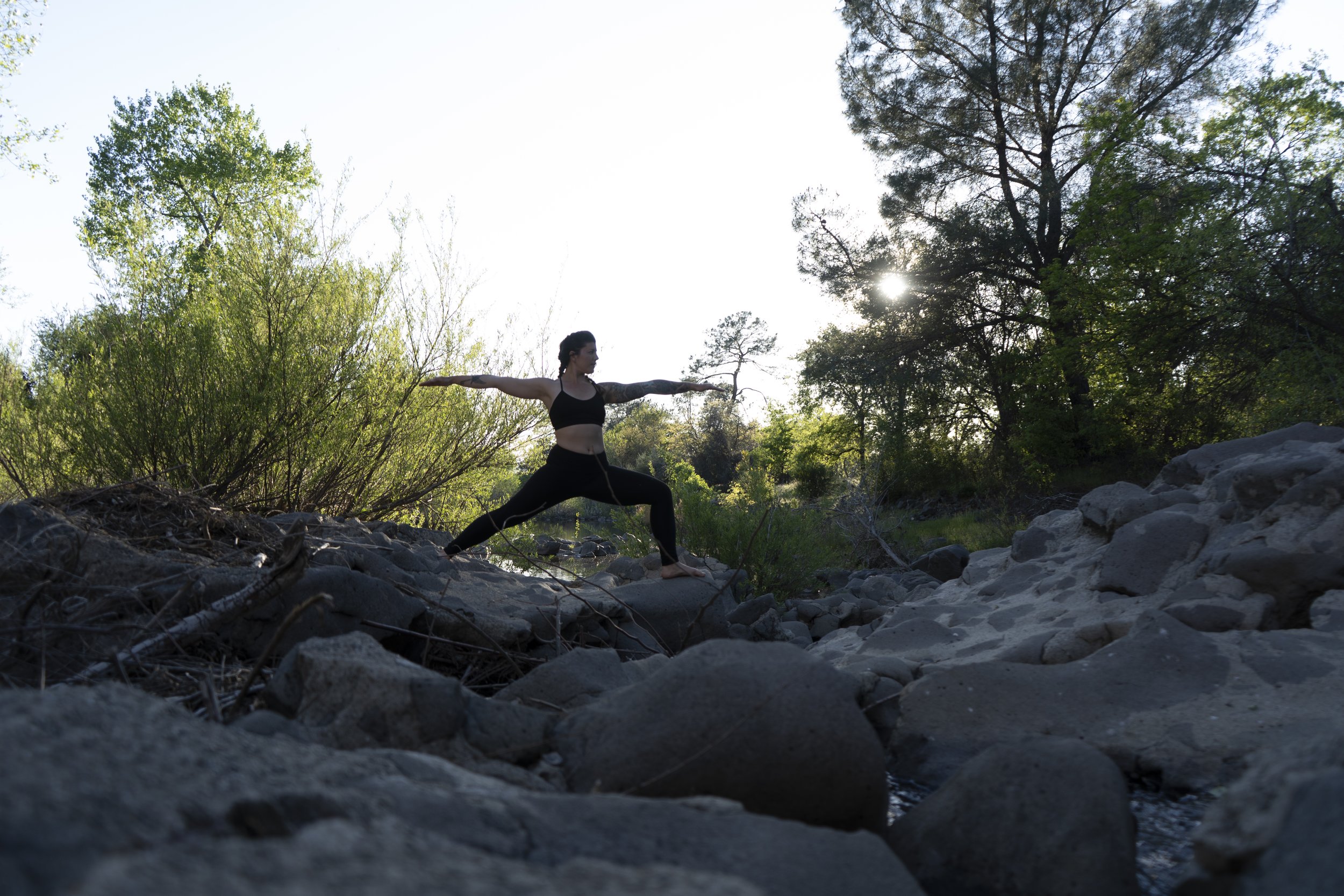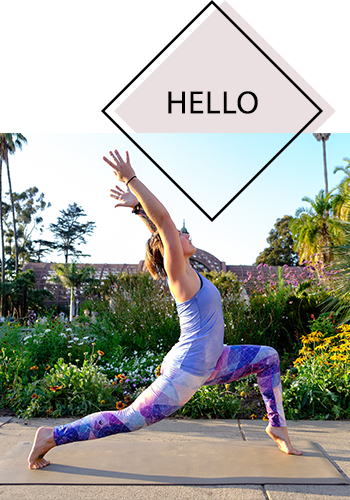3 Yoga Poses for Depression
/I’ve struggled with anxiety and depression throughout my life.
Along the way, my yoga practice has been a powerful tool for connecting to myself and honoring my needs. My practice helps me slow down and listen to my body.
There are many different ways to incorporate yoga into your life. You might join a community at a local studio. You might start a home practice and watch videos online. You might find a free class in your local town, or do some guided meditations via YouTube. You might simply sit quietly once a day for 5 minutes and notice your breath.
Let yourself start small. Let your intuition guide you.
Be willing to start over and return to your practice. It’s OK to fall away from your practice, change your routine, or take a break. Give yourself grace in these moments.
Listen to your body’s guidance— and the cries of your heart— and you’ll be shown the way forward.
And, more than anything: please don’t give up.
Here are 3 yoga poses to try if you are experiencing depression.
Warrior 2 Pose
Warrior 2 is a beautiful pose in that it requires a good amount of muscular endurance and core strength…and yet even within the effort of the pose, there’s an opportunity to soften. To receive. I often remind students to allow their shoulders to drop away from their ears, and to relax the forehead and jaw. Sometimes we hold unnecessary tension in a pose… just like we do in life.
Try Warrior 2 with your palms toward the sky, or with your eyes closed, and notice how that allows you to soften even within this powerful pose. Also keep in mind that your breath can support you in this pose, and that by taking on a challenging, invigorating pose, you’re helping wake up your body and spirit to your own true strength.
Upward Mountain or Star Pose
Often when we feel depressed, we feel shut down, closed off, and we want to hide. Poses like Upward Mountain (Upward Salute) or Star Pose give our physical bodies and minds the cue that it’s safe to open up, to take up space, and to allow our hearts to be open. I also love that these poses encourage an opening across the chest and throat— energetically, this encourages you to be more vocal and use your voice to ask for help. Try standing in any of these poses for 5-10 breaths and envision a bright light emanating from your heart. Remember, there’s no shame in asking for what you need or asking for help if you are struggling. You are not alone.
Low Lunge
Our hips hold our emotions. Any hip opening pose will help support you in processing unresolved emotions and past trauma, and gently assist in facilitating healing and movement forward in life. I love low lunge because having the back knee down on the floor adds support and helps remind you that even during periods of discomfort there is a solid foundation supporting you, holding you up. If you have sensitive knees, you could add extra padding like a towel or blanket under the knee, or try a different hip opener where you’re laying on your back instead (Figure 4 Pose or Happy Baby Pose are good options). In whichever shape you choose, stay for up to 2 minutes. Focus on slowing down your breath and receiving any messages that your body has to share with you.
Other Ways to Nourish Yourself if You’re Depressed
Talk to friends and family about how you’re feeling. Ask for help.
Consider meeting with a therapist to share what’s on your mind and look at the deeper issues that may be influencing how you feel.
Spend time in nature.
Slow down. Take a bath. Take a nap. Go for a walk.
Take a trip, a day off work, or plan an afternoon doing something you enjoy.
Clear your schedule on a regular basis so that you have more time for rest.
Journal.
Do a Reiki energy work session. Get a massage. Try acupuncture or a sound bath. All of these help restore your nervous system.
Limit or stop numbing or addictive behaviors that are preventing you from feeling.
Pray, meditate, spend time in silence.
Which poses are your go-to poses when you’re having a hard time? What other practices do you incorporate into your routine? I’d love to hear.
Photos in this post by Brandon Johnson, Stephanie Sheveland and Jessica Bartlett.














Reflections on dipping in 30-something-degree water.